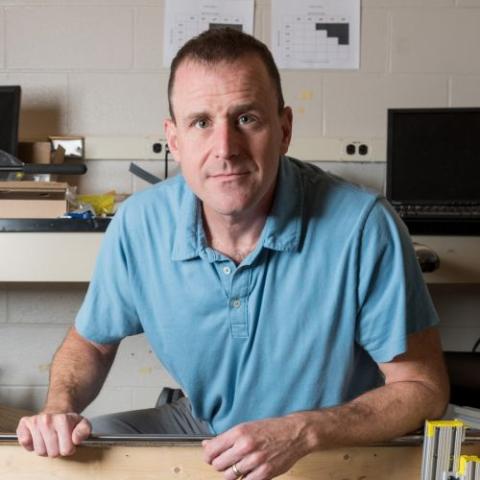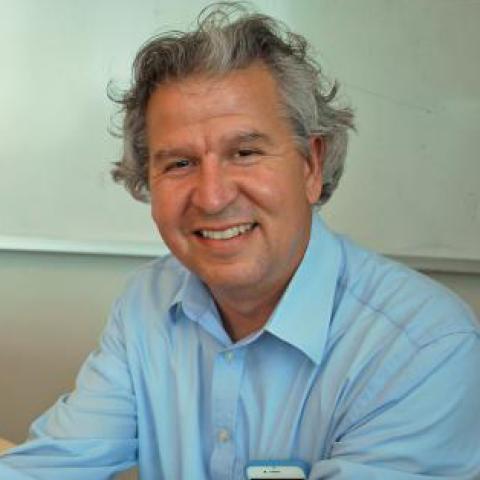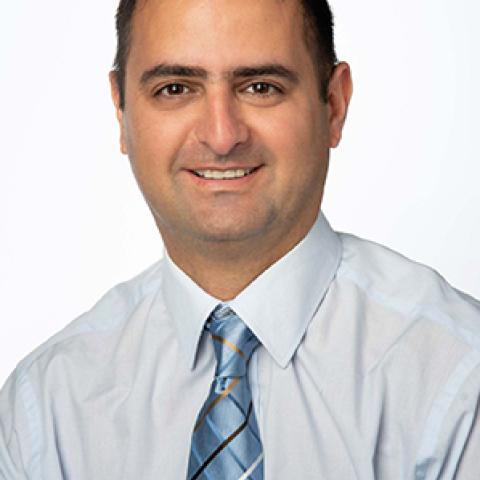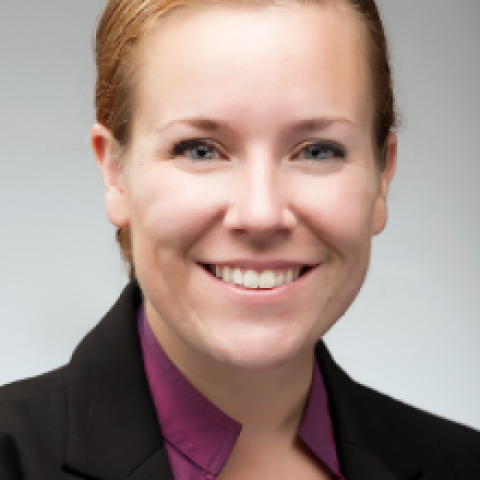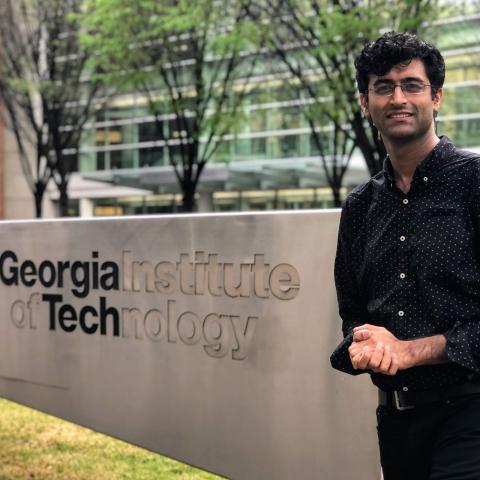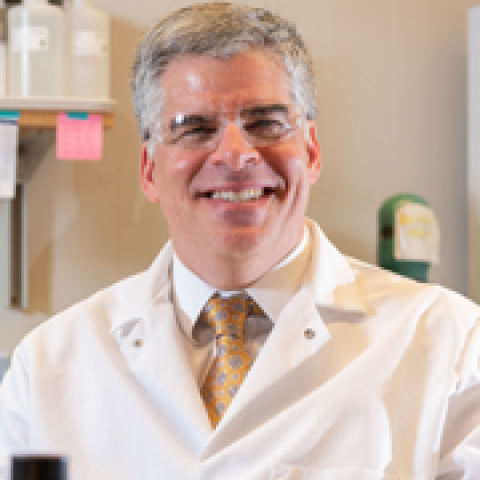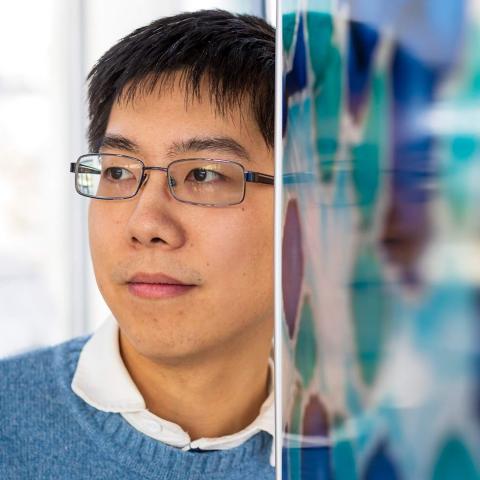Brian Gunter
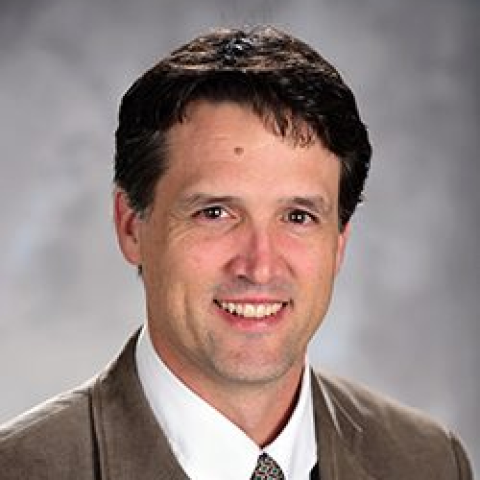
Brian Gunter is an Assistant Professor in Aerospace Engineering at the Georgia Institute of Technology. He received his B.S. in mechanical engineering from Rice University, and later his M.S. and Ph.D. in aerospace engineering from the University of Texas at Austin, specializing in orbital mechanics. Prior to joining Georgia Tech, Gunter was on the faculty of the Delft University of Technology (TU-Delft) in the Netherlands, as a member of the Physical and Space Geodesy section. His research activities involve various aspects of spacecraft missions and their applications, such as investigations into current and future laser altimetry missions, monitoring changes in the polar ice sheets using satellite data, applications of satellite constellations/formations, and topics surrounding kinematic orbit determination. He has been responsible for both undergraduate and graduate courses on topics such as satellite orbit determination, Earth and planetary observation, scientific applications of GPS, and space systems design. He is currently a member of the AIAA Astrodynamics Technical Committee, and also serves as the Geodesy chair for the Fall AGU Meeting Program Committee. He has received a NASA group achievement award for his work on the GRACE mission, and he is also a former recipient of a NASA Earth System Science Graduate Fellowship. He is a member of the American Institute of Aeronautics and Astronautics (AIAA), the American Geophysical Union (AGU), and the International Association of Geodesy (IAG).
Education
- B.S., Mechanical Engineering, 1994, Rice University
- M.S., Aerospace Engineering, 2000, The University of Texas at Austin;
- Ph.D., Aerospace Engineering, 2004, The University of Texas at Austin;
Distinctions & Awards
Elected in 2020 to the status of Associate Fellow of the American Institute of Aeronautics and Astronautics; Visiting Research Fellow, Newcastle University, Newcastle-Upon-Tyne, UK, 2011; NASA Earth System Science Graduate Fellowship, 2002-2004; NASA Group Achievement Award, GRACE Project Team, 2004; Dolores Zohr b Liebmann Graduate Fellowship, 2000-2003; Earl Wright Endowed Presidential Scholarship in Engineering, 2000-2001
satellite geodesy; space systems; orbital mechanics; Earth and planetary observation; remote sensing
